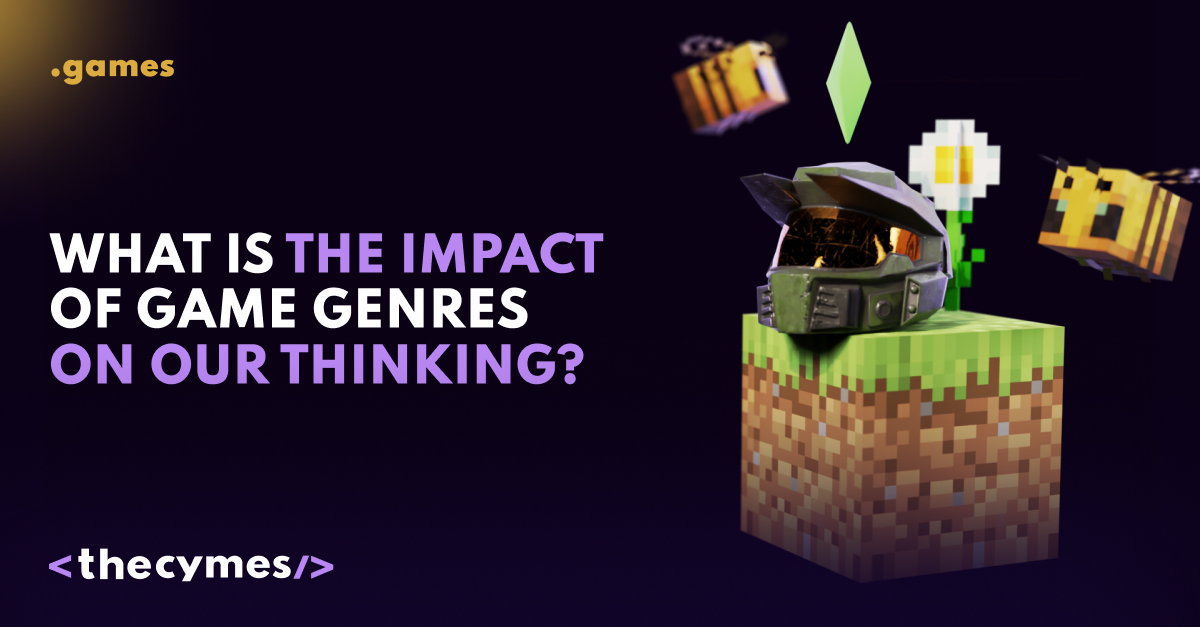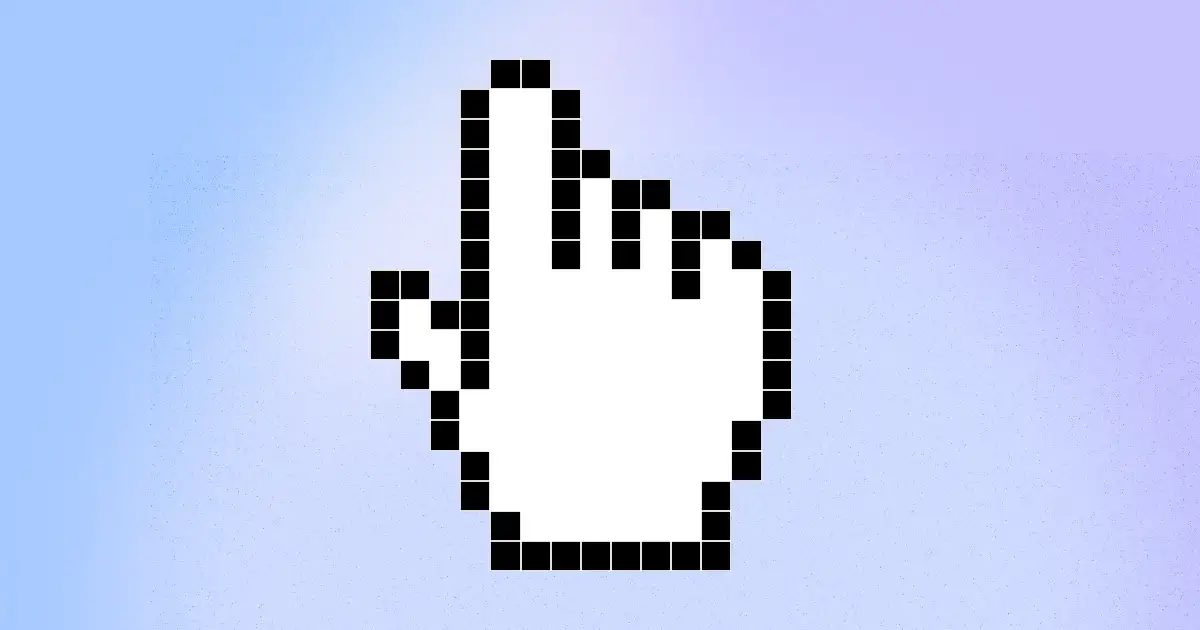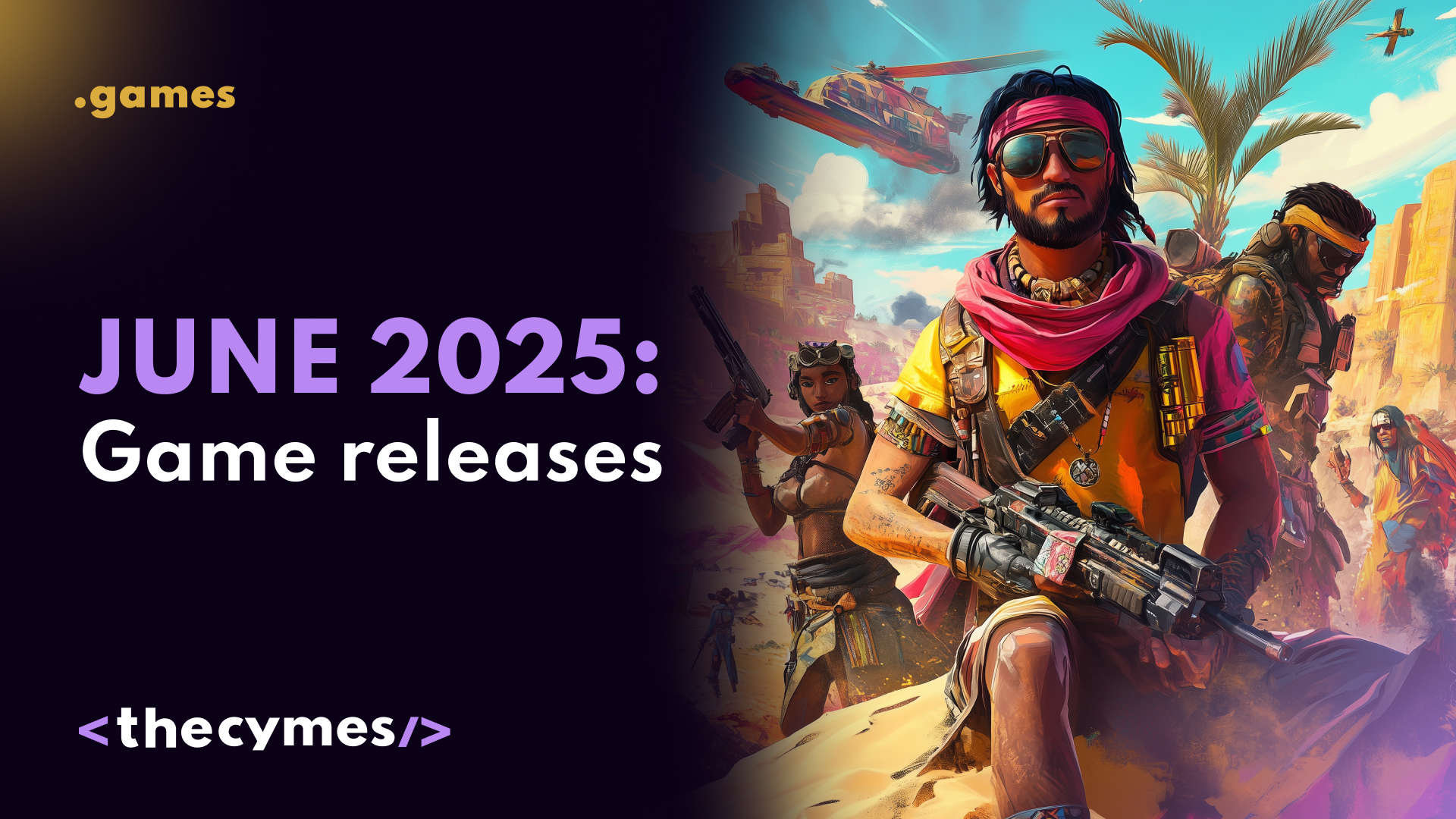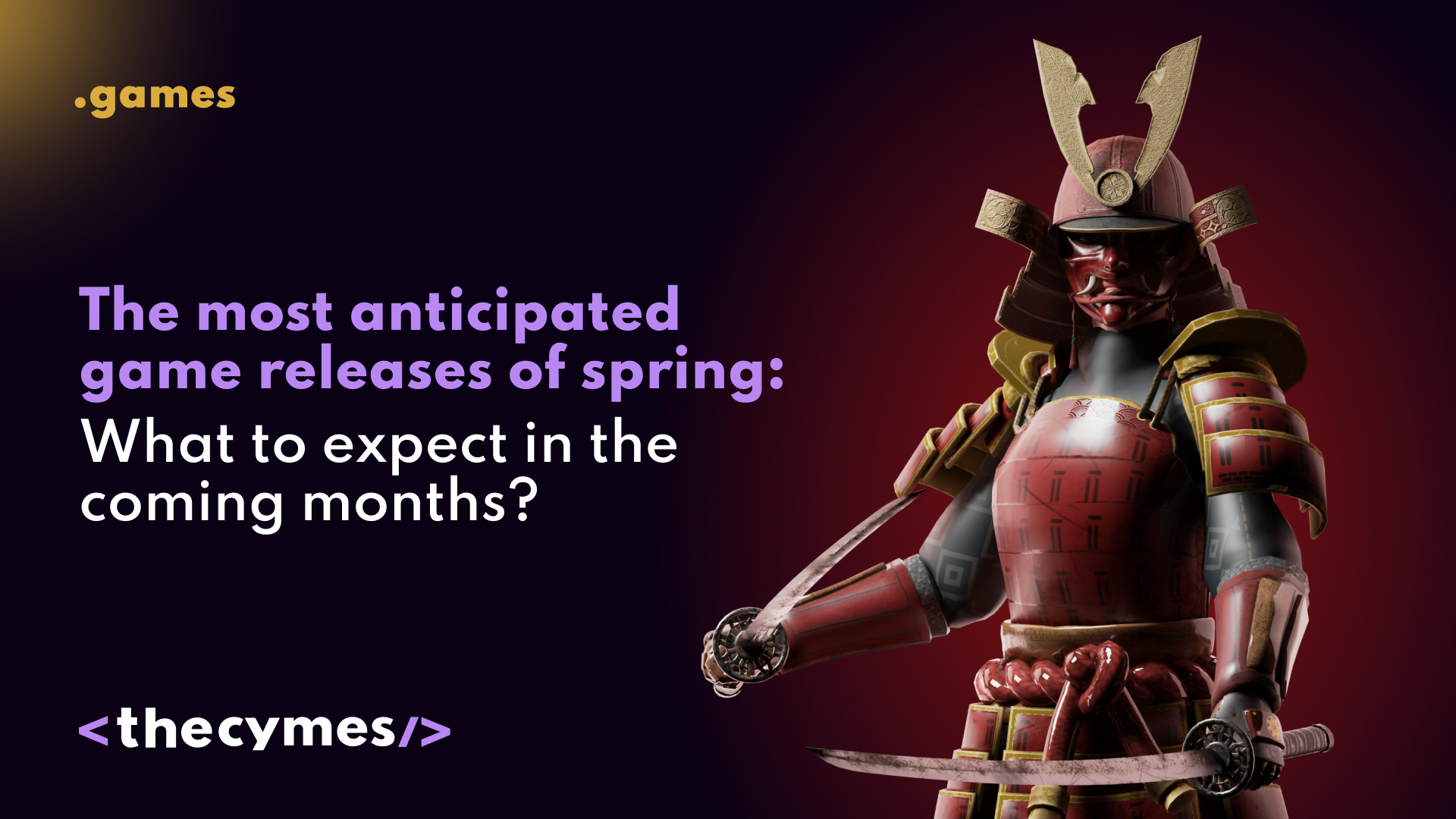.games15 January 12:52
0<
What is the impact of game genres on our thinking?
/>Did you know that video games are now recognized as important tools for personal growth? Understanding how various game genres can improve soft skills is more important than ever. be updated on the latest tech newsGet exclusive news updates and overview on tech market




